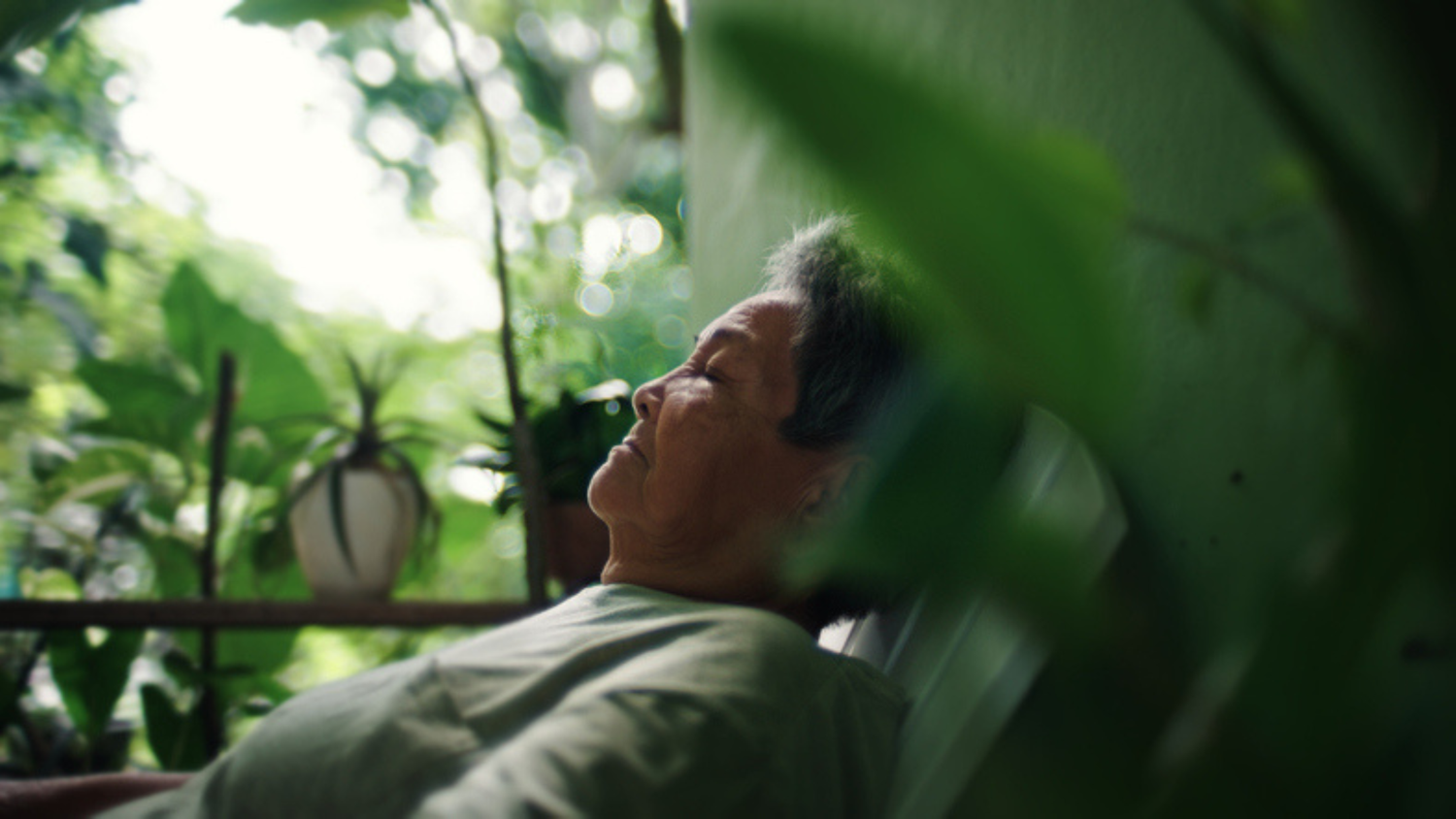Key Takeaways
-
Only 20–30% of longevity is genetic — the rest depends on daily lifestyle and environment.
-
Blue Zone populations thrive on plant-based diets, social connection, purpose, and natural movement.
-
Science supports that small, consistent lifestyle changes can extend both lifespan and healthspan.
Did you know that in the tiny Greek island of Ikaria, nearly one in three people live into their 90s and dementia is virtually unheard of? Across the globe, five regions share similar longevity outcomes: Ikaria (Greece), Sardinia (Italy), Okinawa (Japan), Nicoya (Costa Rica), and Loma Linda (California). Collectively known as Blue Zones, these communities have some of the highest life expectancies and lowest chronic disease rates in the world.
Yet scientists have found that only about 20–30% of longevity is genetic, meaning the remaining 70–80% is shaped by lifestyle choices (R). That’s great news, it means you have far more control over how well and how long you live than you might think.
Let’s explore what makes these communities thrive and how you can incorporate the same evidence-based habits into your own life.
Eating for Longevity: The Power of Plants
In every Blue Zone, people follow a predominantly plant-based diet rich in legumes, vegetables, whole grains, nuts, and olive oil. Meat is eaten sparingly — usually around 3–4 ounces, five times a month — while processed foods are virtually absent.
The Science
Plant-forward diets are high in fibre, phytonutrients, and antioxidants, which reduce oxidative stress and systemic inflammation — key drivers of ageing (R). Studies from the Journal of the American College of Cardiology show that plant-based eating lowers cardiovascular risk by 32% compared with omnivorous diets (R).
Caloric Moderation
Okinawans follow the “Hara Hachi Bu” principle — stopping when they are 80% full. Research confirms that moderate caloric restriction activates autophagy, the body’s cellular recycling process, which promotes longevity and delays age-related diseases (R).
You don’t need to give up your favourite foods, but mindful eating and reducing portion sizes can make a measurable difference to your healthspan.

The Role of Moderate Alcohol and Social Rituals
Contrary to popular belief, alcohol isn’t absent in Blue Zones. In fact, most of these communities enjoy one to two small glasses of red wine daily, often shared over meals with family or friends.
Why It Matters
Red wine is rich in polyphenols like resveratrol and quercetin, compounds shown to protect endothelial function and reduce oxidative damage (R). However, moderation is key, excessive alcohol negates any potential benefit.
More importantly, drinking is woven into social rituals that foster connection and it’s that sense of community, not the wine itself, that provides the real longevity advantage.
Moving Naturally Throughout the Day
Forget gym memberships, in Blue Zones, movement is integrated into daily life. Residents garden, farm, walk to neighbours’ homes, and cook from scratch.
What Science Says
Regular low-intensity activity improves insulin sensitivity, cardiovascular health, and bone density. Research from the British Journal of Sports Medicine suggests that accumulating 150 minutes of moderate activity weekly — even through non-exercise movements — reduces all-cause mortality by up to 30% (R).
Think of it this way: longevity isn’t built on bursts of exercise but on consistent, natural movement throughout the day.

Purpose and Psychological Well-Being
A strong sense of purpose, known as ikigai in Okinawa or plan de vida in Nicoya, is a defining feature of Blue Zone life. People wake each day with clear intention — whether tending to the garden, volunteering, or caring for family.
The Research
A 2019 study in JAMA Network Open found that individuals with a strong life purpose had a 43% lower risk of mortality and were less likely to develop heart disease (R). Purpose activates the prefrontal cortex and releases dopamine, promoting emotional resilience and stress regulation.
Finding purpose doesn’t require a life overhaul. It can be as simple as nurturing a hobby, mentoring others, or engaging in community service.
Managing Stress: The Daily Pause
Blue Zone residents make relaxation a daily ritual. In Ikaria, it’s an afternoon nap; in Okinawa, it’s meditation; in Sardinia, it’s laughter with friends.
The Evidence
Chronic stress triggers cortisol overproduction, accelerating cellular ageing and inflammation. In contrast, mindfulness, prayer, and short naps lower cortisol levels and activate the parasympathetic nervous system, fostering repair and balance (R).
By carving out time for rest — even 15 minutes of quiet reflection — you can counteract the biological wear and tear of daily life.
Faith and Community
Nearly every Blue Zone shares one thing: faith-based community. Whether through church, temple, or local gatherings, people engage regularly in spiritual or social practices that connect them to something larger than themselves.
Research Insights
Studies show that weekly participation in religious or community gatherings is linked to a 20–30% reduction in mortality (R). Social belonging boosts oxytocin, strengthens immune response, and decreases loneliness — all major predictors of health outcomes.
Faith, gratitude, and social connection create emotional stability — the unseen nutrients of longevity.
Family First: Multigenerational Bonds
In Blue Zone cultures, family is non-negotiable. Elders live with their children and grandchildren, preserving cultural wisdom while receiving care and emotional support.
The Data
Harvard’s Adult Development Study, which has followed participants for over 80 years, found that strong relationships are the single greatest predictor of lifelong happiness and health (R). People with close family ties show lower rates of depression, cognitive decline, and cardiovascular disease.
Living with or near loved ones isn’t just emotionally fulfilling — it’s biologically protective.
Building Your Own Blue Zone
You don’t need to move to Sardinia or Nicoya to experience these benefits. You can create your own Blue Zone lifestyle wherever you live by adopting these key habits:
- Eat a colourful, mostly plant-based diet.
- Incorporate movement into your daily routine.
- Prioritise purpose, rest, and relationships.
- Engage with your community or spiritual group.
Small, consistent choices compound over time, transforming not just how long you live but how well you live.
The Science of a Long, Happy Life
The lesson from the world’s longevity capitals is simple yet profound: it’s not about extraordinary genes but ordinary habits, repeated every day. The Power 9 principles — purpose, plant-based eating, natural movement, moderate drinking, stress relief, faith, family, and community — are not exotic prescriptions but practical ways to live fully.
And as modern research continues to confirm, these choices don’t just extend lifespan, they expand healthspan, the years you live free from disease and decline.
Ready to explore more about how Blue Zones nurture a lifestyle for longevity? Read our blog: Want to Live to 100? Longevity Secrets Revealed in the New Netflix Series on Blue Zones.





